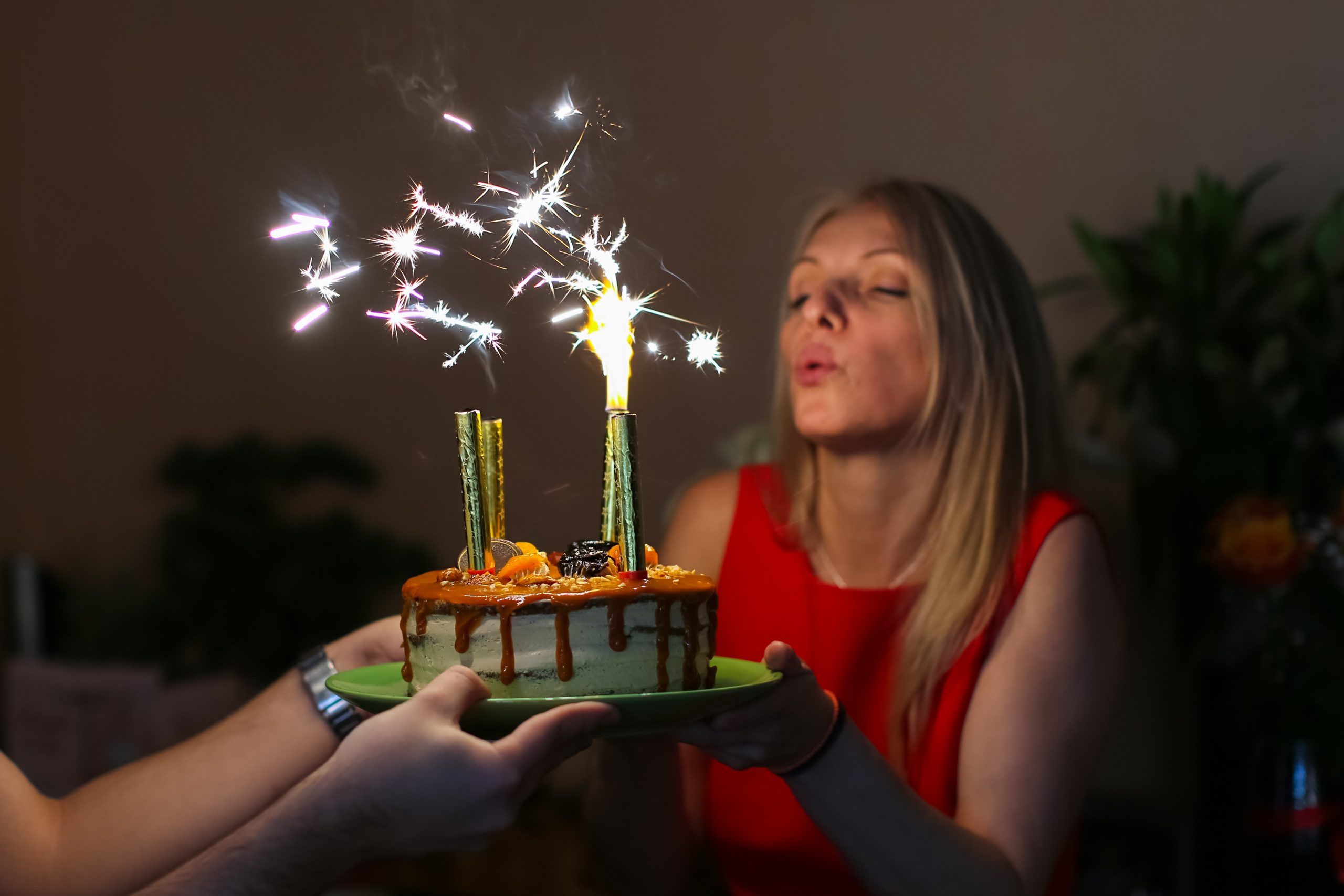Growing up, one adage I often heard was that you absolutely do not ask a woman her age. This was seen as intrusive and could put a woman in an uncomfortable position—whether she might be judged for her age or feel pressured to lie about it. Age was a lingering topic, but as Bob Dylan noted, the times they are a’changing .
Nowadays, more women proudly embrace and share their age, largely because they are redefining what it means to age. Through skincare regimens, health practices, and the bold choice to flaunt—or not flaunt—their silver strands, modern women are breaking free from outdated stereotypes. We now have the liberty to shape our own narratives and experiences of aging.
How Turning 50 Used to Look
In the past, women over 50 were often perceived in a particular light. If you remember the iconic show, The Golden Girls, characters like Dorothy, Rose, and Blanche embodied the notion of women in their 50s during the 1980s. At the time I was watching, they reminded me of my grandmothers—active, yet through today’s lens, they appear much older than their years.
As I approach my own 50th birthday in a few months, I can’t help but reflect on how that previous portrayal shaped perceptions of aging.
How Turning 50 Has Changed
The portrayal of aging has evolved significantly over the years. A decade ago, The Today Show highlighted the stark contrasts between women in their 50s “then and now,” featuring notable celebrities such as Courteney Cox juxtaposed with Aunt Bee from The Andy Griffith Show.
In a 2013 interview with New You magazine, Cox commented on aging and noted that many shows featured main characters in their 40s and 50s. She expressed her sentiment that “no one really looks their age anymore,” demonstrating a shift in perspective towards aging. Back then, she also mentioned her anxieties about turning 50 and her use of anti-aging products, a topic not widely discussed among celebrities at that time.
Now, it’s increasingly common for women to confidently state their age and embrace it. The narrative has shifted—there’s no longer a singular image or lifestyle that defines what it means to be 50. Celebrities today actively promote anti-aging products and openly discuss their experiences with menopause, highlighting the importance of these conversations.
As a result, today’s women have the freedom to age in their own unique ways. Whether through injectables or menopause treatments, these discussions have moved from hushed whispers to open dialogues among friends and communities. There is no singular “right” way to navigate being 50 or any age, for that matter.
For me, turning 50 will encompass skin creams, serums, hair color (yes, I’m not naturally a redhead), healthy green drinks, continued training for marathons, and conversations about my perimenopause journey with my friends. Importantly, these choices are not about trying to appear younger; they reflect my own acceptance of aging. I’m proud to share my age, and I might even embrace more silver strands or glasses down the road—it’s all an expression of my individuality.
Your 50 may look entirely different from mine, and that’s the beauty of it! Each woman has the chance to craft her path as she sees fit—and to own it.
Indeed, 50 is the new 50!
Share your experiences and thoughts about turning 50 and beyond. —Tam
Discover more from Marki Mugan
Subscribe to get the latest posts sent to your email.









